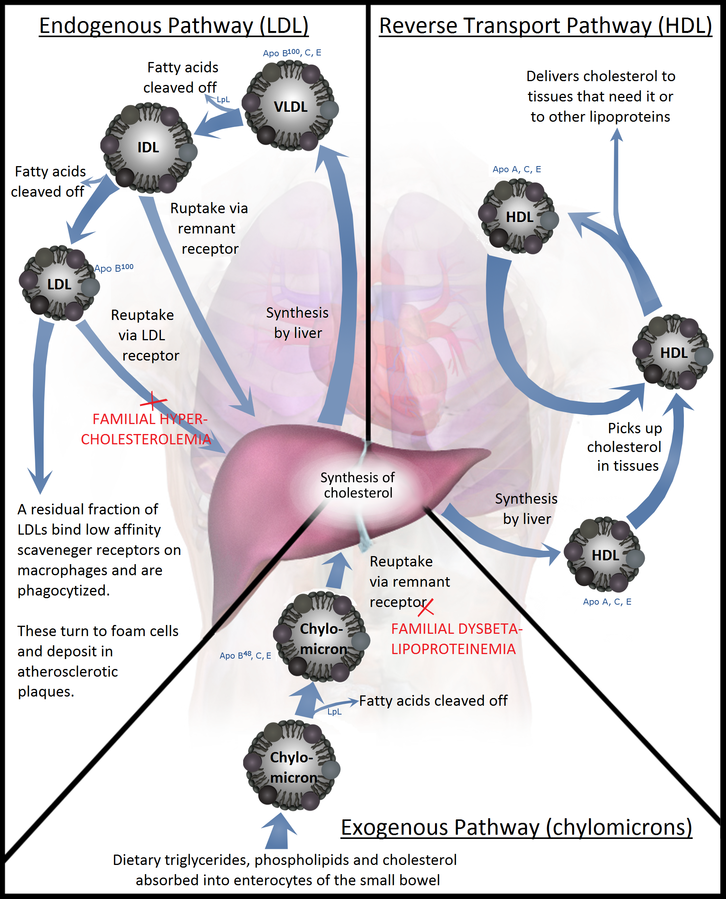
Introduction
Important topic that concerns all parents – maintaining a healthy gut in small children. As we know, a healthy gut is essential for overall well-being and can impact various aspects of a child’s life, from their mood to their immune system.
It includes dietary changes, probiotics, and prebiotics.

Why is gut health important?
Maintaining a healthy gut is crucial for small children as it helps to support their immune system, aids in digestion, and promotes overall health and well-being.
Research has shown that a diverse microbiome, or the collection of microorganisms that live in our gut, is essential for good health. When the microbiome is imbalanced, it can lead to a range of health issues such as allergies, eczema, and even obesity.
A healthy gut can be achieved through a balanced diet that includes plenty of fruits, vegetables, whole grains, and lean protein. Avoiding processed foods and sugary drinks can also help to promote gut health.
In addition to dietary changes, probiotics and prebiotics can also be beneficial for maintaining a healthy gut in small children. Probiotics are live bacteria that can help to restore the balance of the microbiome, while prebiotics are non-digestible fibers that feed the good bacteria in the gut.
By prioritizing gut health in small children, we can help to set them up for a lifetime of good health and well-being.
Dietary changes
One of the most important ways to maintain a healthy gut in small children is through their diet. By making some simple dietary changes, you can help promote the growth of beneficial bacteria in their digestive system, which can have a positive impact on their overall health.
To start, try incorporating more fiber-rich foods into your child’s diet, such as whole grains, fruits, and vegetables. These foods can help regulate bowel movements and prevent constipation, which can contribute to an unhealthy gut. Additionally, fermented foods like curd, green peas, idli, ambali(ragi malt) are great sources of probiotics, which can help boost the number of good bacteria in your child’s gut.
On the other hand, it’s important to limit your child’s intake of sugary and processed foods, which can disrupt the balance of bacteria in their gut. Avoid foods with added sugars, artificial sweeteners, and preservatives, and opt for whole, unprocessed foods instead. This will not only benefit your child’s gut health, but also their overall wellbeing.
Probiotics
Probiotics are live microorganisms that can provide health benefits when consumed in the right amounts. They are often referred to as ‘good bacteria’ and can be found in certain foods or taken as supplements.
In small children, probiotics can help maintain a healthy gut by promoting the growth of beneficial bacteria and inhibiting the growth of harmful bacteria. Some studies have also shown that probiotics can improve digestive issues such as diarrhea and constipation.
There are different types of probiotics, including Lactobacillus and Bifidobacterium, each with their own specific benefits. For example, Lactobacillus acidophilus can help prevent and treat diarrhea, while Bifidobacterium lactis can help boost the immune system.
It’s important to note that not all probiotics are created equal, and their effectiveness can vary depending on factors such as the strain, dosage, and individual health status. It’s always best to consult with a healthcare professional before starting any new supplement regimen.
Prebiotics
Prebiotics are a type of fiber that cannot be digested by the human body. Instead, they are fermented by the gut bacteria to produce short-chain fatty acids, which have many health benefits.
Some examples of prebiotic foods include bananas, onions, garlic, and whole grains. These foods can help promote the growth of beneficial gut bacteria and improve overall gut health in small children.
Conclusion
In conclusion, maintaining a healthy gut in small children is crucial for their overall health and well-being. A balanced diet that includes probiotics and prebiotics can help promote good gut health. It’s also important to avoid processed foods and sugary drinks, which can disrupt the balance of bacteria in the gut.
Additionally, encouraging physical activity and reducing stress can also have a positive impact on gut health. By taking these steps, parents can help ensure that their children have a healthy gut, which can lead to better digestion, stronger immune systems, and improved mental health.
We encourage you to take action today by incorporating these tips into your child’s daily routine. Your child’s gut health is important, and by making small changes, you can make a big difference in their overall health and well-being.





